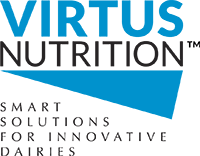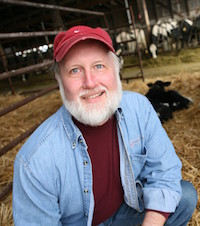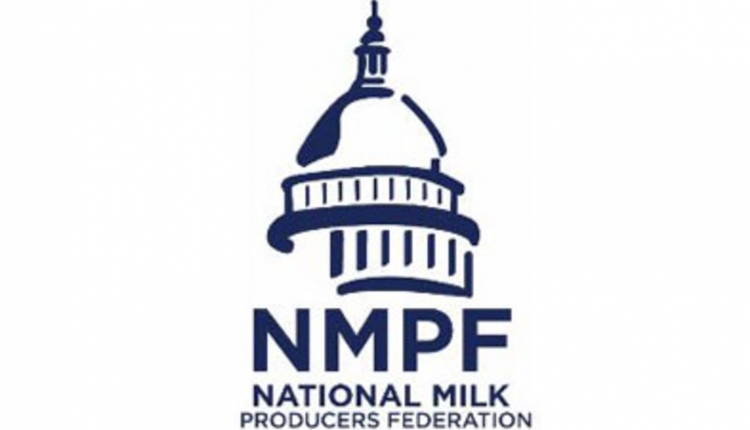The information listed below has been supplied by dairy marketers and other industry organizations. The information provided here has not been edited, verified or endorsed by Hoard’s Dairyman.

What you will learn:
 Dr. Joseph H. Harrison received his BS, MS, and PhD from The Ohio State University. After completing his Ph.D. in Se and Vitamin E for reproduction of the dairy cow in 1983, he joined the Animal Science Department at Washington State University where he is currently a Professor. Dr. Harrison’s research has primarily focused on both nutrition and manure-soil-crop studies. Dr Harrison is classically trained as a dairy nutritionist and has developed expertise in the area of whole-farm nutrient management, which involves the integration of animal nutrition, agronomy-crops-soils, engineering, and economics. Dr. Harrison has received several awards including the Washington State Dairy Federation President's Award in 2007.
Dr. Joseph H. Harrison received his BS, MS, and PhD from The Ohio State University. After completing his Ph.D. in Se and Vitamin E for reproduction of the dairy cow in 1983, he joined the Animal Science Department at Washington State University where he is currently a Professor. Dr. Harrison’s research has primarily focused on both nutrition and manure-soil-crop studies. Dr Harrison is classically trained as a dairy nutritionist and has developed expertise in the area of whole-farm nutrient management, which involves the integration of animal nutrition, agronomy-crops-soils, engineering, and economics. Dr. Harrison has received several awards including the Washington State Dairy Federation President's Award in 2007.

Check out this next segment from Dr. Joseph Harrison, from Washington State University, as he continues his series on Feeding Potassium Carbonate to the early lactation dairy cow. This series will be summarizing their research at Washington State University on this important topic.
What you will learn:
- The increase in milk fat % and production appears to be related to an effect on biohydrogenation in the rumen resulting in:
- Fewer fatty acid intermediates
- More complete biohydrogenation of fatty acids
- More stearic acid (C18:0)
Rather read than watch?
Other Videos in this Series
See what you missed!
-Feeding Potassium Carbonate to the Early Lactation Dairy Cow
What’s Next?
Keep an eye out for last segment from Dr. Harrison as he continues his series on Feeding Potassium Carbonate Sesquihydrate.
Dr. Joseph Harrison, Washington State University


